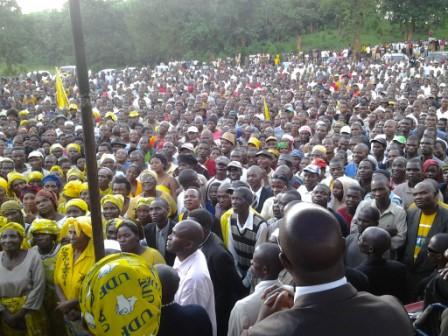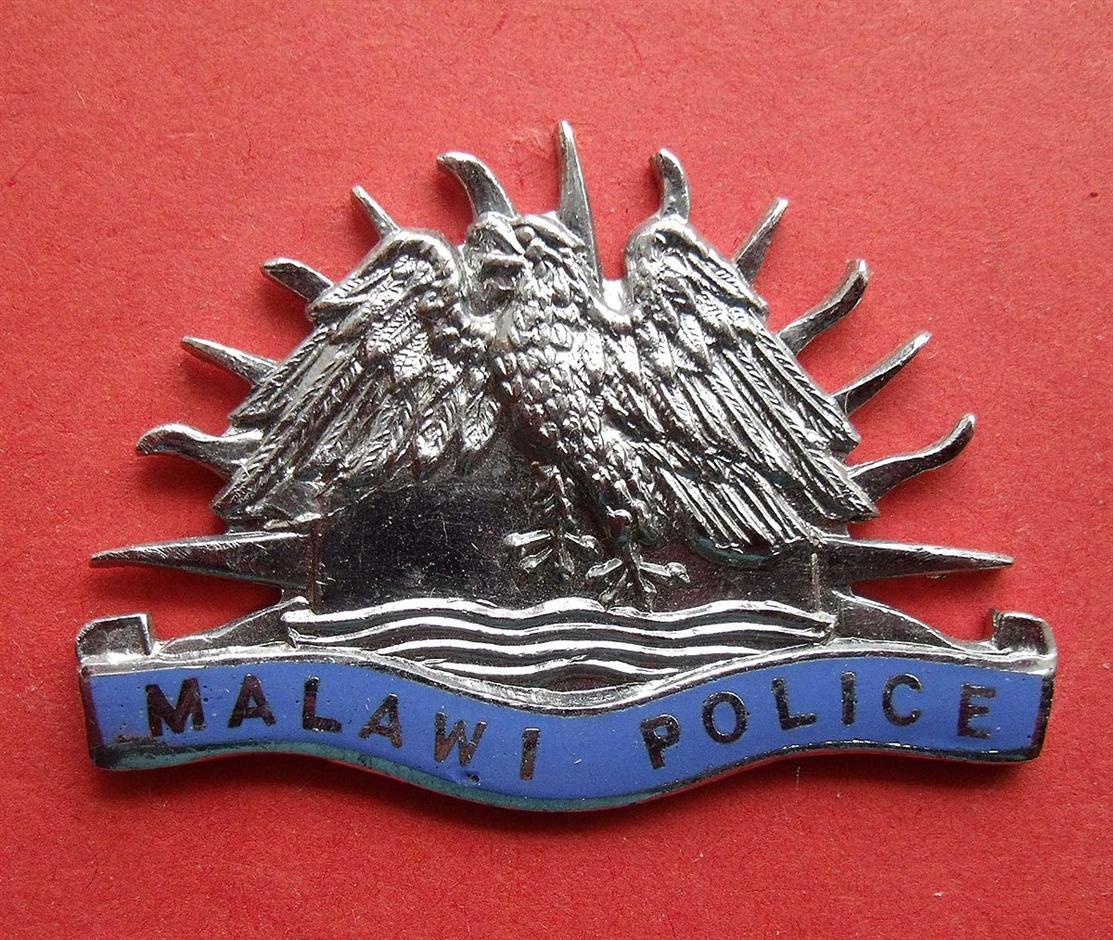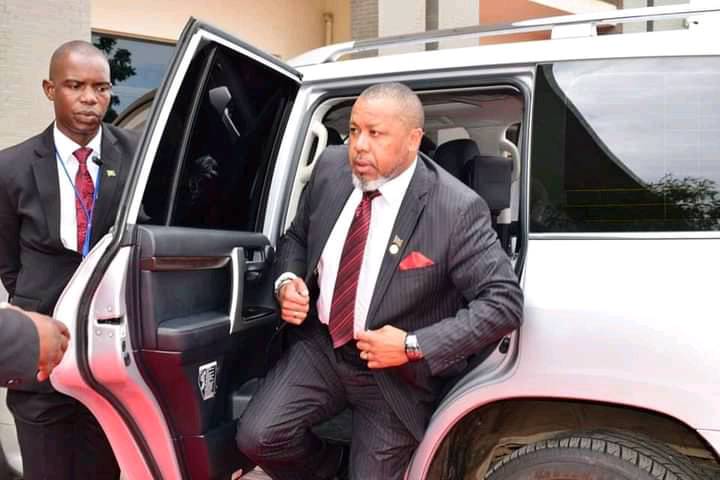Chaos and confusion has rocked United Democratic Front (UDF) following a dramatic move by the party’s leadership on Tuesday to announce a return to government.
This was less than 24 hours after ditching the government side in Parliament.
The party’s chairperson Atupele Muluzi announced his resignation from President Joyce Banda’s cabinet on Monday morning.
The resignation was followed a few hours later by the relocation of the party Members of Parliament from the government side of the House to the opposition benches as Parliament commenced sitting on Monday afternoon.
Yesterday morning, there was an announcement that the party had returned to the government side again.
Speaker of the National Assembly Henry Chimunthu Banda announced yesterday morning that the party had written him requesting him to rescind the decision to move the party from the government side to the opposition side.
The letter announcing the decision was written by chief whip Clement Chiwaya who insisted later he did just as he had been ordered by the party.
“Let me say this and only this, I have written the letter under instructions from the party’s National Executive Committee (Nec). The letter has asked the Speaker to move us back to the government side,” Chiwaya said and refused to take any questions.
Atupele himself was conspicuously absent in the House as he was on Monday while the rest of the party’s MPs boycotted the deliberations on Tuesday morning.
And Atupele could not be reached on his phone on several attempts.
But UDF Secretary General Kandi Padambo said the decision has been made so that the party’s Nec meets to thoroughly review the decision to relocate to the opposition side.
“We have rescinded the decision because we want to ensure the [Nec] meeting is given a chance to come up with a way forward. Unfortunately I am in a meeting and I cannot elaborate more,” Padambo said.
The MPs were at one point locked in a meeting in Chiwaya’s parliament office and at around 11 am, Chiwaya entered the chamber to take up his seat on the government side.
As he walked in, the government benches cheered him on while the opposition MPs, mostly DPP ones, taunted him.
UDF parliamentary spokesperson Mahamoud Lali admitted the party’s MPs were still in the dark over the party’s intentions, hence decided to sit out.
“There is lack of communication; the MPs are sitting out because they feel they deserve explanation on what is going on.
“We are waiting to be briefed by the National Executive Committee on what is going on,” said Lali.
Another MP who refused to be named said the legislators were angry and embarrassed, hence decided not to attend the deliberations.
“We are divided right now on whether to follow the party’s decision or not. Most of us are unhappy with the way we have been treated. We are human beings with faces and hearts, we need to keep our dignity,” said the MP.
In the afternoon yesterday, only four UDF MPs were seen in Parliament, among them Chiwaya and Matola.
A few days before its convention on October 30, the party announced it had written the Speaker to relocate its MPs on to the opposition side in the House.
Soon after the convention which booted out some of the faces in key positions such as Kennedy Makwangwala who was Secretary General, the party announced it had again written the Speaker advising that its MPs should remain on the government side.
That was the case until Monday when Atupele quit as Minister of Economic Planning and Development.
Meanwhile, Deputy Minister of Environment and Climate Change Management Ibrahim Matola said he will not resign from the cabinet like Atupele.
“I am not going to resign. I will continue serving government of the day”
Analysts have since been critical of the party for displaying indecisiveness.
Mustafa Hussein warned that the party risks losing credibility for its lack of decision.
And another analyst Joseph Chunga said the U-turn has shown that the party is incapable of deciding as a collective unit but rather it bases its decisions on an individual’s thinking.
He said this indecision would cost the party people’s trust as the country heads for 2014 elections.





No comments! Be the first commenter?